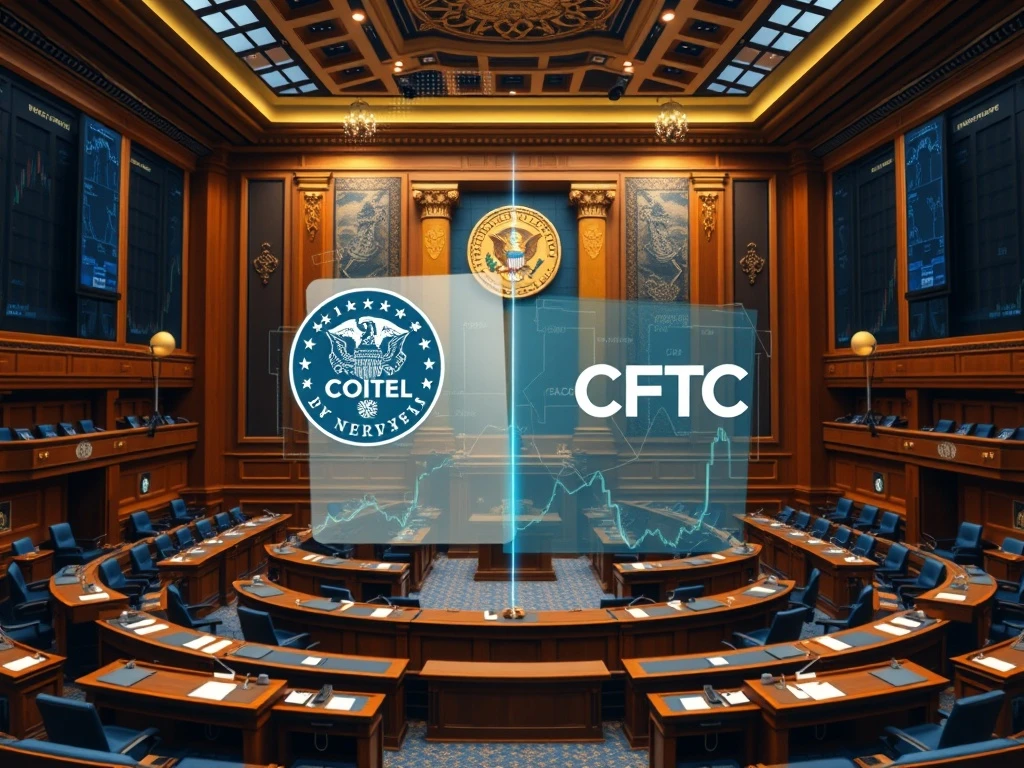Investors and blockchain innovators face a pivotal moment as U.S. regulators finally address the multi-billion dollar question: how should tokenized stocks be classified in our rapidly evolving digital economy?
Senate Takes Decisive Action on Tokenized Stocks
The U.S. Senate has updated its crypto market structure legislation with a critical provision. This provision ensures tokenized stocks maintain their classification as securities under existing regulatory frameworks. Consequently, this move resolves long-standing ambiguity between SEC and CFTC jurisdiction. The Responsible Financial Innovation Act of 2025 now clearly defines regulatory boundaries for digital assets. Senator Cynthia Lummis emphasized the urgency of passing this legislation before year-end.
Regulatory Framework Clarification
The Senate’s decision aligns with the SEC’s Project Crypto initiative. This initiative modernizes securities regulations for blockchain-based equity tokenization. SEC Chair Atkins stresses that technological innovation shouldn’t compromise legal clarity. Meanwhile, the tokenized stock market remains relatively small at $342 million capitalization. Regulatory certainty is crucial for scaling adoption and building investor confidence.
Industry Response and Concerns
Industry groups have expressed both support and concerns about the legislation. A coalition of 112 crypto firms recently urged Senate protections for software developers. They fear misclassification could drive innovation overseas. Additionally, they warn about declining U.S. dominance in open-source blockchain development. Regulatory certainty remains essential for maintaining global leadership in capital markets.
Future Market Implications
The regulatory landscape continues evolving rapidly. Both SEC and CFTC work to harmonize their oversight approaches. They propose expanding trading hours across select asset classes. Furthermore, they seek clearer rules for perpetual contracts and prediction markets. These changes could enhance liquidity and market access. However, they also raise concerns about increased volatility and overnight risk exposure.
Tokenized Stocks Market Growth Potential
Fintech and crypto firms already expand tokenized equity offerings significantly. Platforms like xStarks launch tokenized versions of major equities on multiple blockchains. These developments indicate growing acceptance of tokenization mechanisms. Tokenization democratizes access to equities markets while streamlining settlement processes. Regulatory clarity will play a critical role in scaling adoption across traditional financial infrastructure.
Frequently Asked Questions
What are tokenized stocks?
Tokenized stocks are digital representations of traditional equities on blockchain networks, enabling fractional ownership and faster settlement.
Why does the Senate want to classify them as securities?
Classification maintains regulatory consistency with existing broker-dealer systems and ensures investor protection under established frameworks.
How might this affect cryptocurrency developers?
Developers seek protections against misclassification that could drive innovation abroad and impact U.S. technological leadership.
What is the current market size for tokenized stocks?
The market remains relatively small at $342 million, representing just 1.2% of the overall tokenized real-world asset market.
When might the Senate vote on this legislation?
Potential Senate voting could occur as early as November, following committee votes throughout September and October.
How do regulators propose handling 24/7 trading markets?
Regulators consider expanding trading hours and clarifying rules for cross-timezone trading while addressing volatility concerns.








